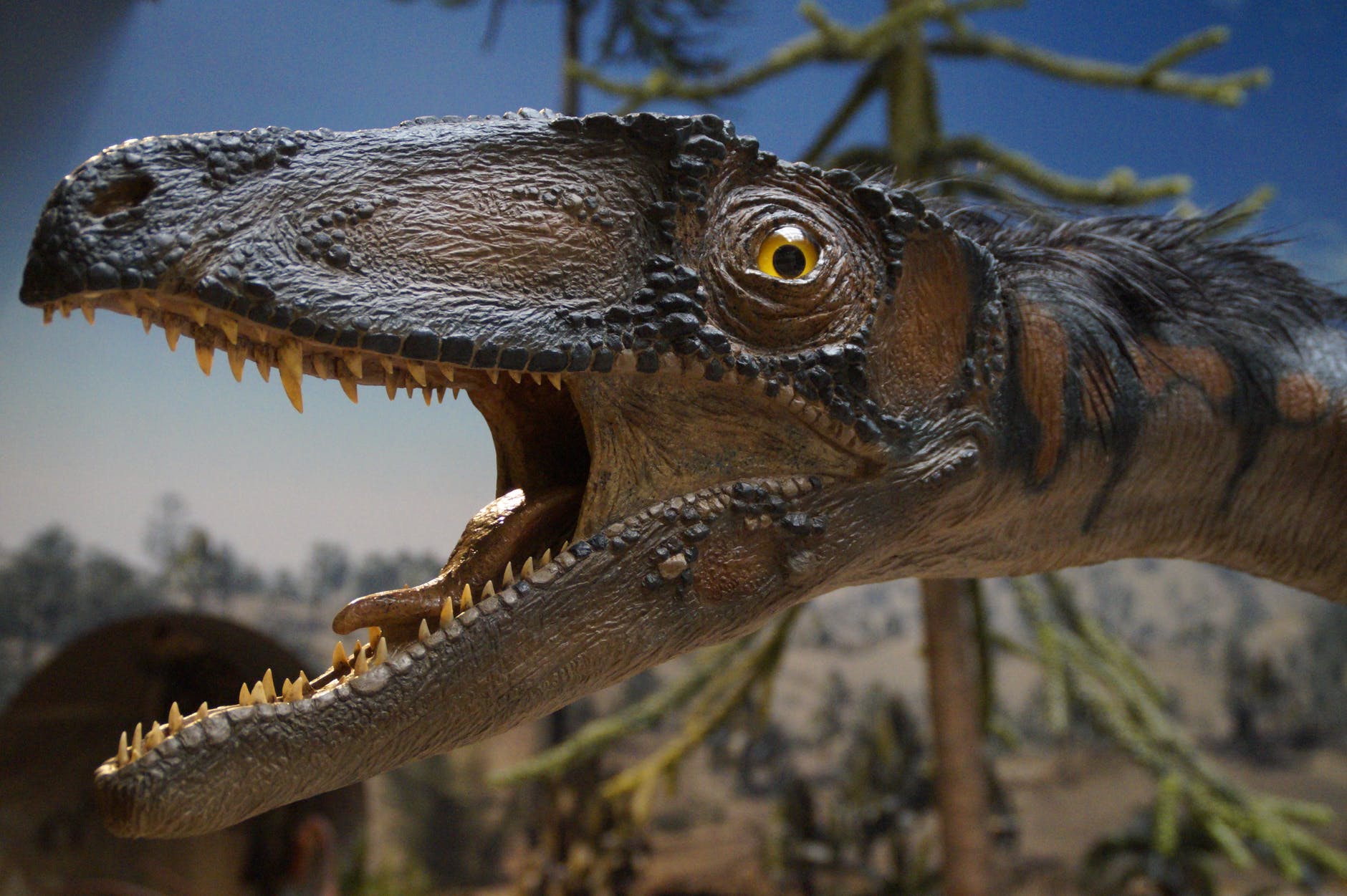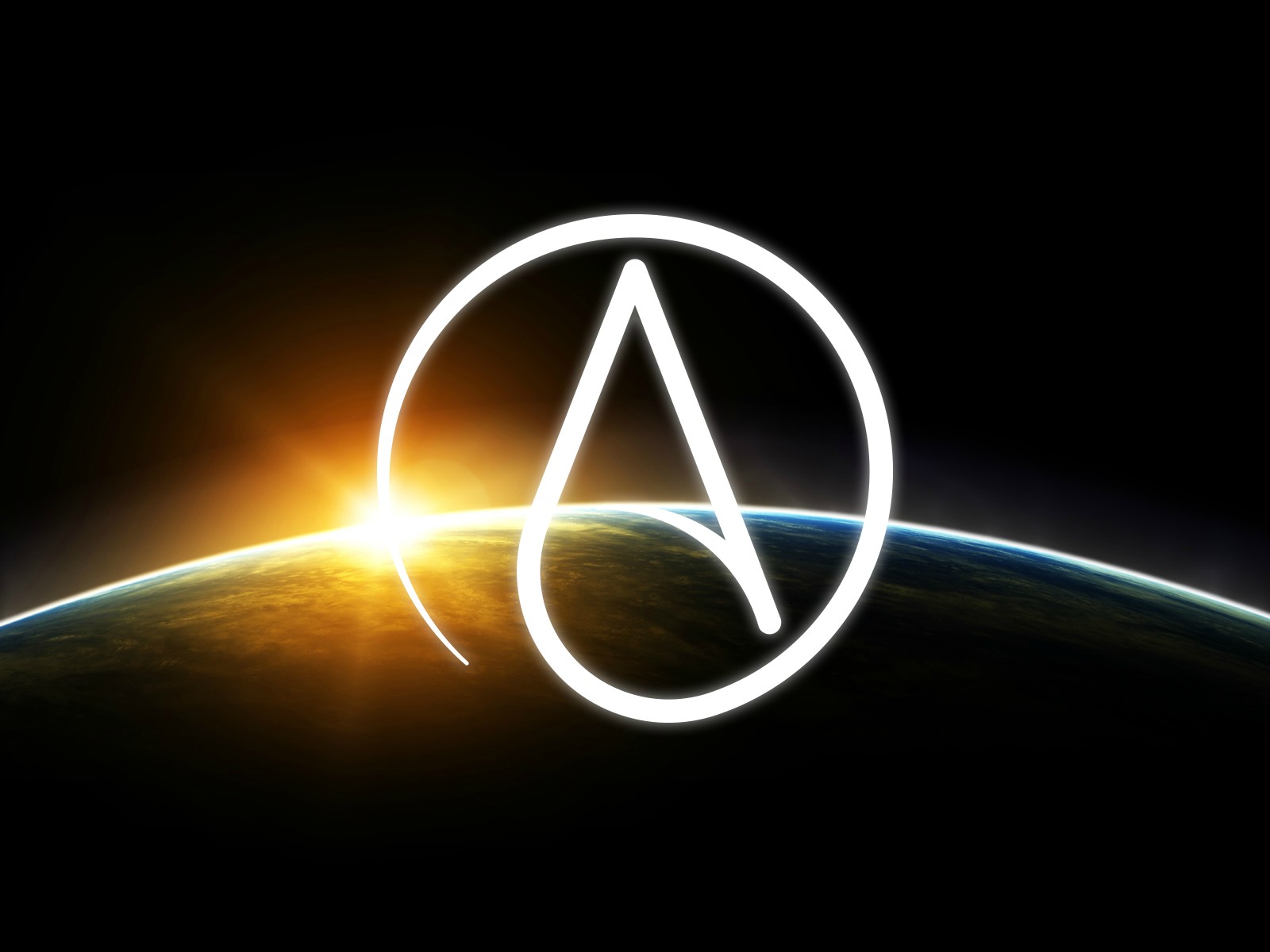Last Updated on 2022-07-08 by Joop Beris
This is the first article of an intended series during which I will explain why I am an atheist. Much of this is based on my own, personal thoughts and experiences with religion, mostly Christianity, because that is the religion I have been exposed to the most. While this is not intended as an attack on people of faith, you may wish to stop reading if you can’t handle opposing viewpoints very well or if you don’t like your faith challenged. This first part will look at a rather formative experience I had when I was in my early teens.
Genesis of my atheism
I grew up in a small village in the Southern Netherlands. The village at the time had but one school and it was, like everything else in the village, Roman catholic. We had a Roman catholic football team (soccer for the visitors from the US), a Roman catholic hand ball team, a Roman catholic women’s union, etc. Being in a Roman catholic school, meant we had to attend mass regularly, children from the senior years served as altar boys/girls, we had various religious events, like the Holy Communion and so forth. It also meant that the village priest came to our school to teach catechism and sex education. Sex education? From a celibate priest? Yes, as it turned out later, he knew a whole lot more about sex than he should have!
Now I have to explain here that I was a somewhat peculiar boy. I had (and still have) a voracious appetite for knowledge, I read a lot of books and I was especially fascinated by dinosaurs and the evolution of life. I have also always had a healthy distrust of and lack of respect for authority and value truth. When I see or hear bullshit, I can not help but point it out to others, it’s just in my nature to do that. I feel I have a moral obligation to do that. Obviously, this is a somewhat volatile mixture to introduce religion to and may help explain why I am an atheist.
Catholic school
I do not recall the exact details, since it’s been so long since the events took place but some things still stand out as clear as day in my mind. They are landmarks that made obvious to me that religion had very little to offer. During one of his lectures, the village priest introduced us to the story of Noah, a man who was instructed by god to build a ship and save his family and two specimens of every animal on the planet because apparently, the almighty had lost patience with us humans. Never mind just now what that says about an almighty, all-knowing and loving god, please bear with me. I don’t remember exactly what prompted me to ask the priest about dinosaurs because I was well aware that dinosaurs had already been long extinct before human beings evolved. It probably had something to do with the age of the Earth itself, which was about 6000 years, according to our good priest. The following (approximate) exchange took place in the classroom between a middle-aged Roman Catholic priest and an 11 year old boy (me).

(Photo by Pixabay on Pexels.com)
Me: “But what about the dinosaurs? They weren’t on the ark, were they?”
Priest: “Dinosaurs? No, they were not on the ark. Dinosaurs never really existed.”
Me: “But what about the fossils that have been found everywhere. There are lots in museums.”
At this point in my memory the priest sighs and takes off his glasses though I don’t remember if he actually wore any. The answer I still remember very well though.
Priest: “No, dinosaurs were never really living animals. The fossils that we find are not the remains of real animals. They are the remains of the molds that God used when he thought about making dinosaurs. However, he later decided he didn’t like the dinosaurs so he smashed all the molds and scattered them about the Earth.”
Thinking that this was the end of the debate, he turned again to his notes. However, I didn’t find his answer convincing at all.
Me: “But if God knows everything, he would have known he wouldn’t like the dinosaurs before he started making them, wouldn’t he? So why did he make them in the first place? And what about other fossil animals, are they just molds too?”
The principal’s office
I don’t remember the priests response to that question, unfortunately. What I do remember is what followed after that. During the break, I was called into the principals office. The principal, being a mild-mannered person who actually encouraged curiosity in his students, asked me in a kind but determined way to stop asking the town priest all those difficult questions. I countered that I thought the questions were relevant. The principal agreed but insisted that I was interfering with the class.
This raises an interesting point. The only way the principal could have known about me questioning the priest is that the priest must have complained to the principal about my questions. No other teachers were present in the class room during catechism. So rather than dealing with my questions, the priest thought I was troublesome and went to the principal for support to stop me from questioning him. Why would the priest do this? Was he simply annoyed by my questions? Or was it that he didn’t have a proper answer for the questions of an 11 year old boy?

(Photo by Andrea Piacquadio on Pexels.com)
At the time, I saw the conversation between me and the principal as a win for me. I had defeated the priest in a discussion because he couldn’t answer me and had to call in support from somebody else. In retrospect though, the actions of the priest make me angry. So do the actions of the principal though he had the excuse that he was principal of a Catholic school. If the priest had no answer for me, he could have simply admitted that he didn’t know the answer to my question. This would have been a respectable answer. Instead, he opted for a lie or a bullshit story in the hope that this would shut me up. As I explained above, I am allergic to bullshit so this tactic only worked to encourage me. The principal could have told the priest that I had the right to ask questions. He could have told the priest that he should deal with me himself. Instead, he chose to become an accomplice of the priest in hushing me.
It was after this event that at the tender age of 11, I came to the conclusion that Christianity was not for me. After all, if a priest couldn’t answer the questions of an uneducated boy and had to make up lies and call for help to silence me instead of dealing with me in a straightforward manner, what did that say about Christianity? If his faith couldn’t stand up to the logic of a schoolboy, how could it be worth anything? This goes a long way to explain why I am an atheist.
This event parallels the way the church has dealt with “troublemakers” throughout its history. Rather than entering into a debate and encouraging people to ask questions, the church has always used authority and in the end force to silence people that it found bothersome. They have always bullied people into silence and if that didn’t work, imprisonment, torture and execution took care of the rest. But how else can we gain understanding if we are not allowed to ask questions and to wonder?
Another interpretation
Many years later in my middle thirties I again had a discussion with a cleric, this time a Protestant pastor, about dinosaurs. I explained to him the answer that I had received all those years ago from the Catholic priest in my town. The pastor agreed with me that it was not a very good answer and dismissed it as incorrect. The reason why, was very different from my own though. He explained that God had never used moulds to make animals and plants. Instead, he had commanded the Earth to bring forth life and the Earth had obeyed by generating the countless creatures that had lived and died on our world since the days of creation. Including the dinosaurs, which had been very real animals and who only died out before the great flood due to God altering the climate of the Earth.
He also dismissed the Earth being only 6000 years old, saying that the 6 days of creation didn’t necessarily mean 6 Earth days but perhaps days for God. And who knows how a long a day is for God? It could well be millions of years.
Why I am an atheist – 1
Although this answer sounds far more reasonable than the one the priest gave me, it does raise another problem. Here we have two men of God, two men educated to teach about the scriptures, speaking about the same topic. And yet, these two men have completely different interpretations of the holy scriptures. They’ve presumably read the same words, the same pages, yet their answers are kilometres apart. Who is to say which of these interpretations is correct? They can’t both be true, though both could be false. The problem is that for me, there is no way to determine which interpretation is valid and although the second interpretation sounds a lot more reasonable than the first, it suffers from the same problem. That is that both of these are utterly unverifiable. I suppose I could ask a third pastor but what if he gives me another answer yet again? I’d be left with three explanations instead of two. And people wonder I am an atheist!
To me, this reveals a weakness with the holy scriptures. If the Bible is truly the word of God and God wants us to believe in Him, how is it possible that He left us a book that is open to so many interpretations and no way for us to determine which interpretation is true or false? Never mind the many factual errors and contradictions in the holy scriptures itself. If God wanted us to believe in Him, wouldn’t He have left us with scriptures that are not open to interpretation but instead were clear and concise? On the other hand, if the scriptures were just man-made, that would explain why they are confused and wrong about so many things.
For me, this conclusion is the first foundation of why I am an atheist.


[…] I am not exactly sure why I decided to accept Jesus as my savior. After all, after my initial run-in with a Catholic priest at age 11, I was convinced that Christianity wasn’t my cup of tea. For about a decade after that […]
[…] what you’d call an agnostic. I hadn’t really thought much about religion except really early in my life where I simply decided that the Roman Catholic faith wasn’t my cup of tea. My parents weren’t religious and openly critical of the Roman Catholic Church so they […]
[…] Why I am an atheist – part 3 » Random musings, rambling opinions on Why I am an atheist – part 1 […]
[…] is the third article of an intended series during which I will explain why I am an atheist. The first part can be found here,, the second part is here. Much of this is based on my own, personal thoughts and experiences with […]
[…] is the second article of an intended series during which I will explain why I am an atheist. The first part can be found here. Much of this is based on my own, personal thoughts and experiences with religion, mostly […]